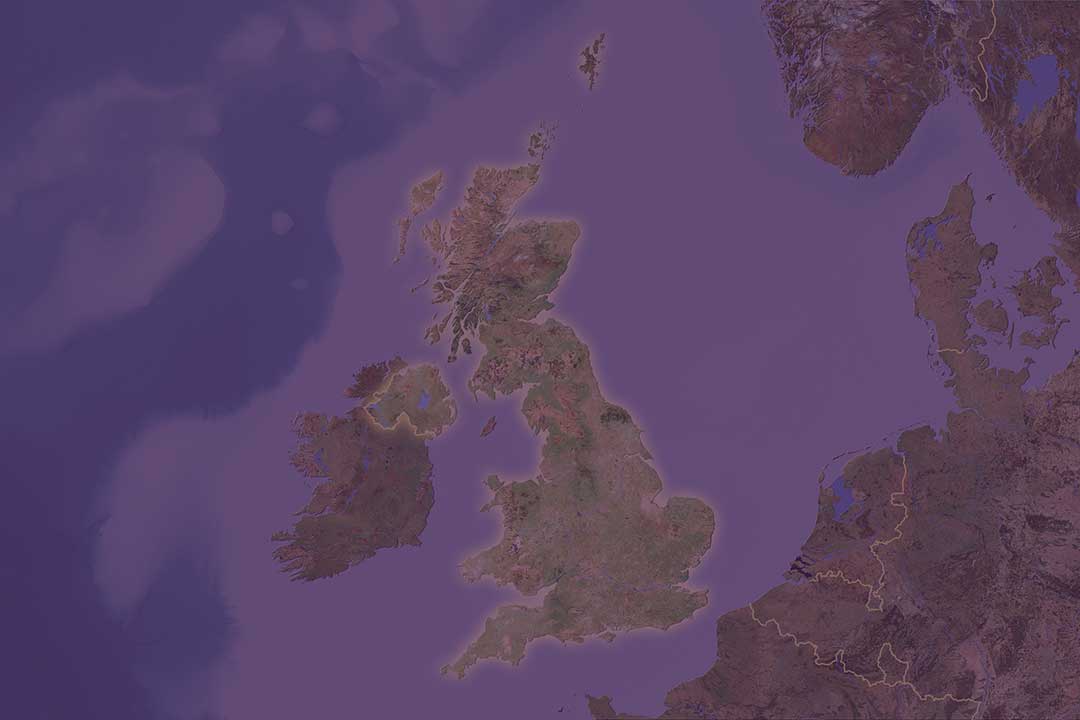Prioritise Justice in UK Climate Action
Fatou Jeng, Founder of Clean Earth Gambia and UNFCCC youth representative demands an urgent call to action for the UK to put climate justice, and gender justice, at the heart of the UK’s climate negotiations at COP26.
As a young climate-justice activist from The Gambia, West Africa and a daughter of a farmer, I have witnessed first-hand how our people continue to experience the devastating impacts of climate change. To me, climate justice means that our women will not have to walk kilometres to get water for their farmlands and daily living, and that our young women and girls will not be exposed to domestic and gender-based violence as a result of the impacts of climate change. To me, climate justice means that we will not wake up every day scared about what will happen to us and our families due to the uncertainties climate change brings even though we contribute the least to global emissions. Farmers in The Gambia are facing drought and poor yields, we are vulnerable to sea-level rise, inundation continues to affect our livelihoods – displacing the homes of vulnerable people – and our lands are at risk of being taken by corporations. Our flora and fauna are being destroyed, yet, there are so few actions to address the climate crises we face. This is why I demand climate justice – for the people in The Gambia, and other African countries, who are disproportionately vulnerable and impacted. Still, our participation in global climate decision-making processes continues to be unequal and our voices not effectively heard.
It is a deeply unfair situation that we should bear the burdens of the climate destruction carried out by older generations, destroying the lives of young people who have hopes for a better planet. There have been many new commitments from world leaders to reduce our global CO2 emissions, but history tells us that promises often remain just words. This experience reinforces the need for all countries, including the UK, to adopt a climate-justice approach to climate change that addresses these inequalities and unequal impacts – an approach that focuses on inclusive global and national decision-making, and just and accessible funding. This is the only way that we can hope to tackle climate change globally and reduce inequality. We urgently need more proactiveness and dynamism in our global leadership to turn words into action.
Read the complete essay collection
WRITTEN BY
Fatou Jeng
Climate activist



